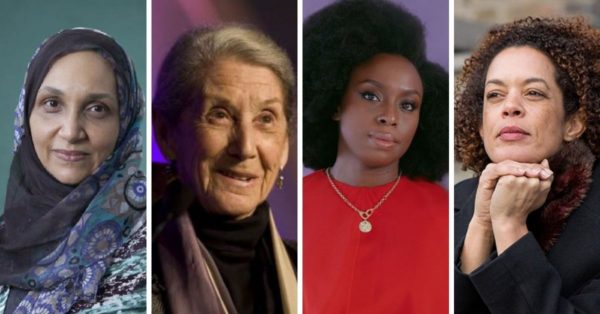
In 1991, the six-name Man Booker Prize shortlist contained only men. Thoroughly dissatisfied, a group of female and male authors, publishers, agents, booksellers, librarians and journalists decided to create a new prize. In 1996, the Women’s Prize for Fiction was founded, to recognize the best original full-length novel in English by a woman, published in the UK in a given year. It has gone through name changes, from the Orange Prize for Fiction to the Orange Broadband Prize for Fiction to the Women’s Prize for Fiction to the Baileys Women’s Prize for Fiction to, currently, the Women’s Prize for Fiction.
Its 16-name 2018 longlist was announced earlier today, and there is no African on it. While this is the first time in two years that no African received a nomination, it is not at all the first time. In fact, in the Women’s Prize’s 23-year existence, 2018 is the 11th year in which no African book made it. Novels by Africans have only been nominated in 1998, 2000, 2004, 2006, 2007, 2009, 2010, 2011, 2012, 2014, 2016, 2017, and 2019. A total of 19 novels, by 15 women, from 8 countries. Africa’s most notable years, in terms of numbers, are 2011 and 2019, when three novels were chosen, and 2019 in particular, when for the first time the continent had two finalists.
The first African woman to be nominated for the Women’s Prize is South Africa’s Nadine Gordimer, longlisted in 1998. The second is Sudan’s Leila Aboulela, longlisted in 2000. The most nominated women are Leila Aboulela and Nigeria’s Chimamanda Ngozi Adichie, with three each, the former’s all longlistings—every novel by the two has been nominated for the Prize. Aboulela is the first to be nominated twice and thrice. Adichie is the only one to be shortlisted thrice, and the only one to win so far, in 2007.
The most nominated country is Nigeria, with ten novels, including those by Bernardine Evaristo, Lola Shoneyin, Ayobami Adebayo, Yewande Omotoso, Diana Evans, Oyinkan Braithwaite, and Akwaeke Emezi. The second is Sudan, with three, all Aboulela‘s. South Africa, with Gordimer; Morrocco, with Laila Lalami; Somalia, with Nadifa Mohammed; Sierra Leone, with Aminatta Forna; Ghana, with Esi Edugyan; and Zimbabwe, with Petina Gappah: They all have one novel each.
This list—of all the books and authors—was first published on 8 March 2018, the International Women’s Day, as part of Brittle Paper‘s Women’s History Month program. It has been updated to include the prize’s 2019 nominees. Book synopses are from the Women’s Prize Website and Amazon.
READ: 22 Authors, 37 Novels: An African History of the Booker Prize for Fiction
1998
Longlist
The House Gun, Nadine Gordimer, South Africa
A successful, respected executive director of an insurance company, Harald, and his doctor wife, Claudia, are faced with something that could never happen to them: their son has committed murder. What kind of loyalty do a mother and a father owe a son who has committed this unimaginable horror?
2000
Longlist
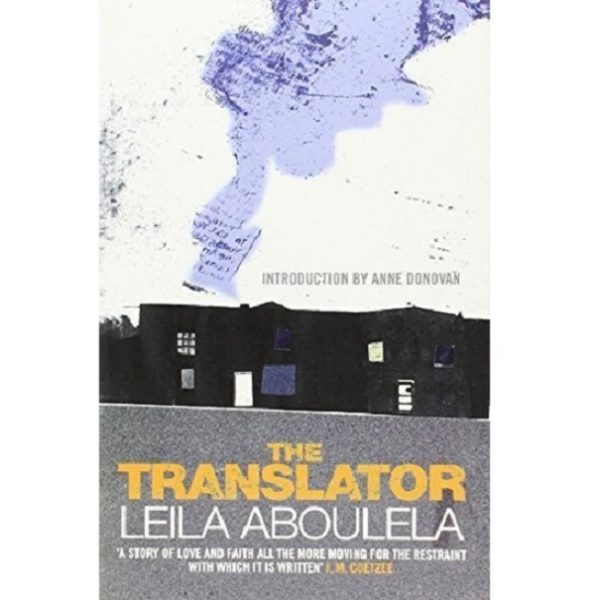
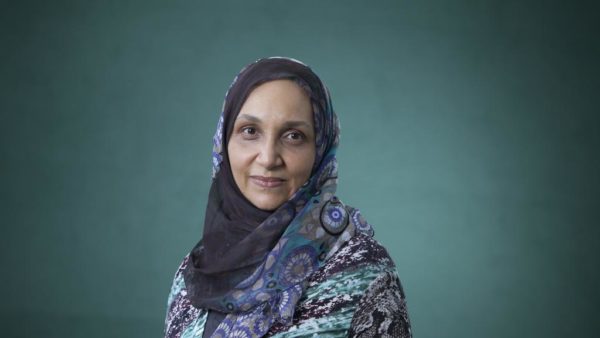
The Translator, Leila Aboulela, Sudan
Juxtaposing the contrasting landscapes and culture of Khartoum and Aberdeen, Leila Aboulela paints and intimate portrait of a young woman torn between conflicting pressures, beliefs, and desires.
Sammar is a young Sudanese widow working as a translator in a British University. Rae is a Scottish lecturer on postcolonial politics. As Sammar slowly recovers from her husband’s death, she finds her friendship with the enlightened and sensitive older man turning to love. But she cannot turn her back on her home, her culture, or her faith.
2004
Shortlist
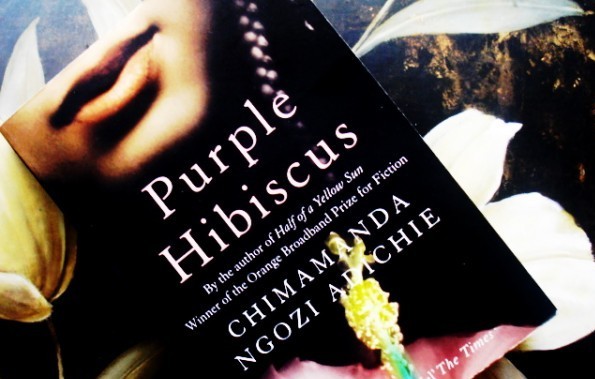
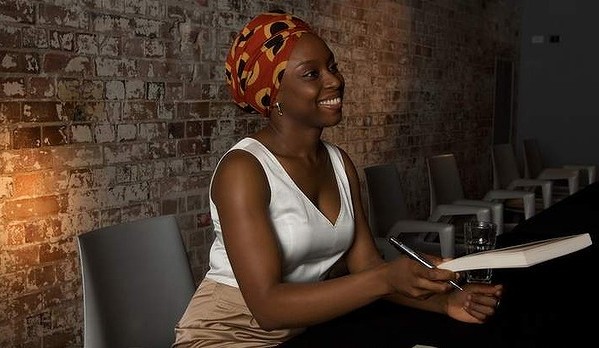
Purple Hibiscus, Chimamanda Ngozi Adichie, Nigeria
The limits of fifteen-year-old Kambili’s world are defined by the high walls of her family estate and the dictates of her fanatically religious father. Her life is regulated by schedules: prayer, sleep, study, prayer.
When Nigeria is shaken by a military coup, Kambili’s father, involved mysteriously in the political crisis, sends her to live with her aunt. In this house, noisy and full of laughter, she discovers life and love – and a terrible, bruising secret deep within her family.
This extraordinary debut novel from Chimamanda Ngozi Adichie is about the blurred lines between the old gods and the new, childhood and adulthood, love and hatred – the grey spaces in which truths are revealed and real life is lived.
2006
Longlist
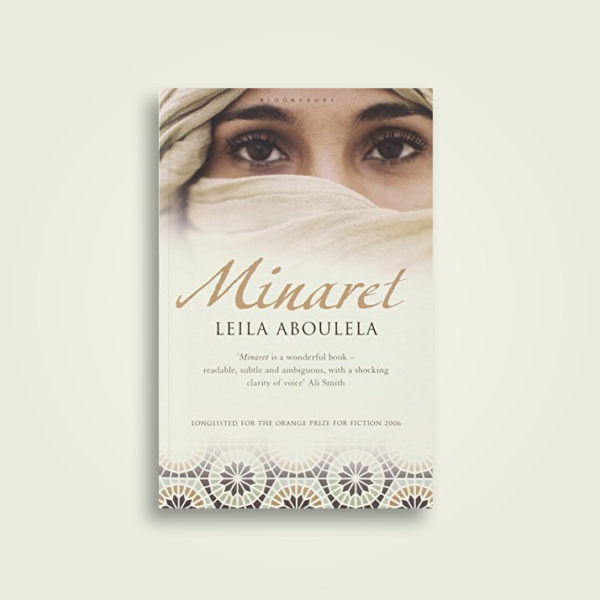
Minaret, Leila Aboulela, Sudan
In her Muslim hijab, with her down-turned gaze, Najwa is invisible to most eyes, especially to the rich London families whose houses she cleans. But twenty years earlier it was a different story. Najwa was at university in Khartoum and, as an upper-class westernised Sudanese, her dreams were to marry well and raise a family. However, those days of innocence came to an abrupt end and tough years followed. Now Najwa finds solace in her visits to the Mosque, the companionship of the Muslims she meets there and in the hijab she adopts. Her dreams may have shattered but her awakening to Islam has given her a different peace. Then Najwa meets a younger man and slowly they begin to fall in love …
2007
Winner
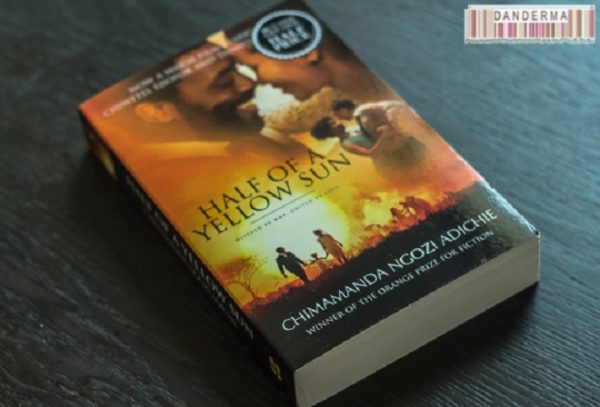
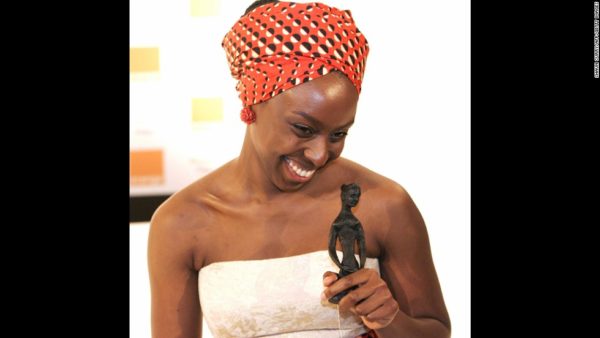
Half of a Yellow Sun, Chimamanda Ngozi Adichie, Nigeria
Winner of the Orange Broadband Prize for Fiction 2007, this is a heartbreaking, exquisitely written literary masterpiece
In 1960s Nigeria, a country blighted by civil war, three lives intersect. Ugwu, a boy from a poor village, works as a houseboy for a university professor. Olanna, a young woman, has abandoned her life of privilege in Lagos to live with her charismatic new lover, the professor. And Richard, a shy English writer, is in thrall to Olanna’s enigmatic twin sister. As the horrific Biafran War engulfs them, they are thrown together and pulled apart in ways they had never imagined. Chimamanda Ngozi Adichie’s masterpiece, winner of the Orange Prize for Fiction, is a novel about Africa in a wider sense: about the end of colonialism, ethnic allegiances, class and race – and about the ways in which love can complicate all of these things.
2009
Longlist
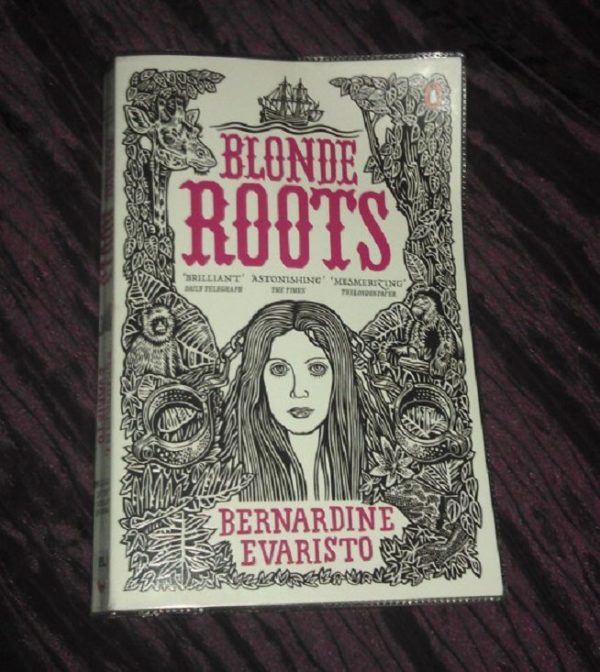
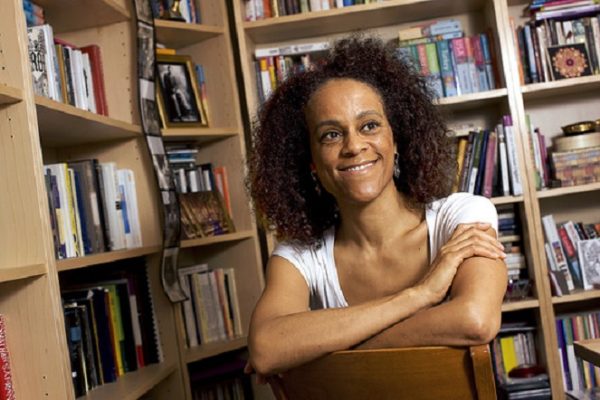
Blonde Roots, Bernardine Evaristo, Nigeria/UK
Welcome to a world turned upside down. One minute, Doris is playing hide-and-seek with her sisters in the fields behind their cottage. The next, someone puts a bag over her head and she ends up in the hold of a slave ship sailing to the New World.
When she finally arrives on a strange tropical island, Doris discovers that she is, in fact, a pig-ugly savage with a brain the size of a pea, whose only purpose in life is to please her mistress. While experiencing the hardships of life in the sugarcane fields, she dreams of escape, of finding those she has loved and lost, and of returning home to her motherland, England…
2010
Longlist
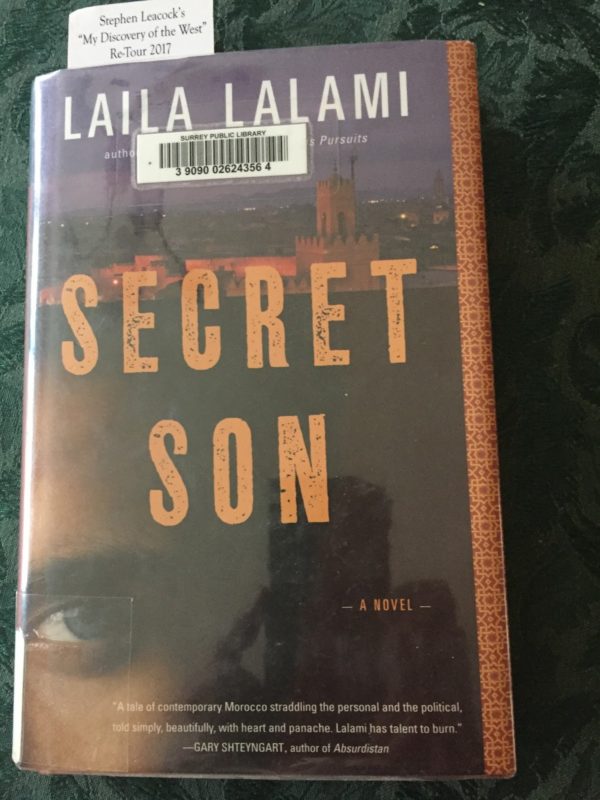
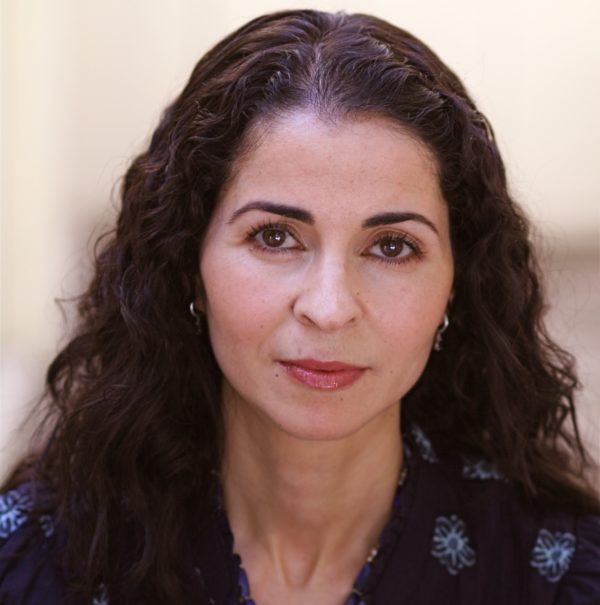
Secret Son, Laila Lalami, Morrocco/US
When a young man is given the chance to rewrite his future, he doesn’t realize the price he will pay for giving up his past…
Casablanca’s stinking alleys are the only home that nineteen-year-old Youssef El-Mekki has ever known. Raised by his mother in a one-room home, the film stars flickering on the local cinema’s screen offer the only glimmer of hope to his frustrated dreams of escape. Until, that is, the father he thought dead turns out to be very much alive.
A high profile businessman with wealth to burn, Nabil is disenchanted with his daughter and eager to take in the boy he never knew. Soon Youssef is installed in his penthouse and sampling the gold-plated luxuries enjoyed by Casablanca’s elite. But as he leaves the slums of his childhood behind him, he comes up against a starkly un-glittering reality.
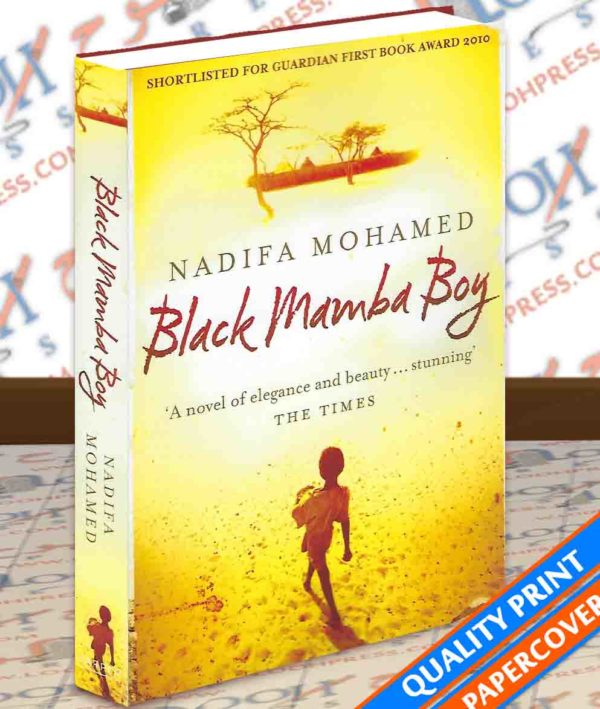
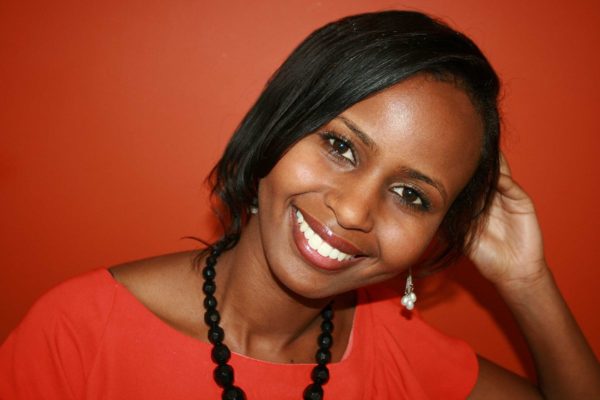
Black Mamba Boy, Nadifa Mohammed, Somalia/UK
For fans of Half of a Yellow Sun, a stunning novel set in 1930s Somalia spanning a decade of war and upheaval, all seen through the eyes of a small boy alone in the world.
Aden,1935; a city vibrant, alive, and full of hidden dangers. And home to Jama, a ten year-old boy. But then his mother dies unexpectedly and he finds himself alone in the world.
Jama is forced home to his native Somalia, the land of his nomadic ancestors. War is on the horizon and the fascist Italian forces who control parts of east Africa are preparing for battle. Yet Jama cannot rest until he discovers whether his father, who has been absent from his life since he was a baby, is alive somewhere.
And so begins an epic journey which will take Jama north through Djibouti, war-torn Eritrea and Sudan, to Egypt. And from there, aboard a ship transporting Jewish refugees just released from German concentration camp, across the seas to Britain and freedom.
This story of one boy’s long walk to freedom is also the story of how the Second World War affected Africa and its people; a story of displacement and family.
2011
Shortlist
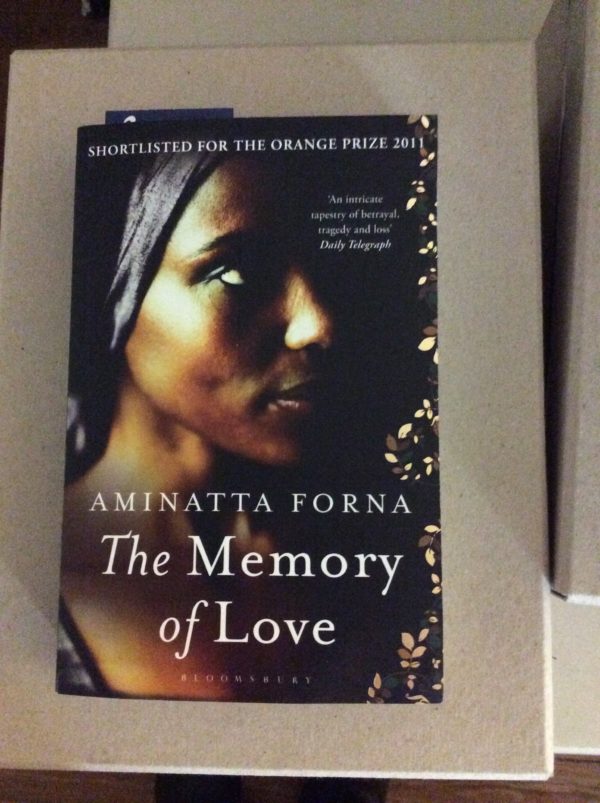
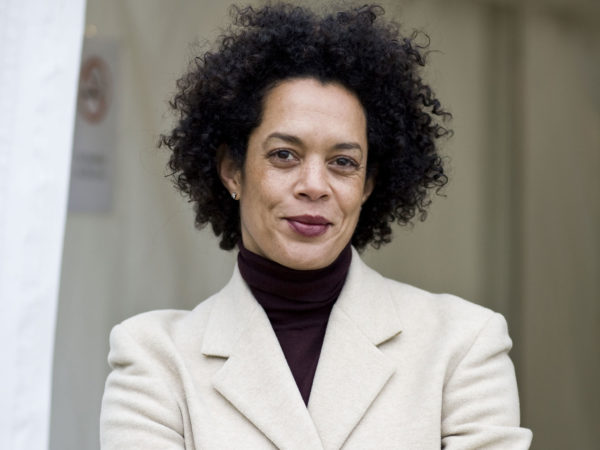
The Memory of Love, Aminatta Forna, Sierra Leone/Scotland
Freetown, Sierra Leone, 1969. On a hot January evening that he will remember for decades, Elias Cole first catches sight of Saffia Kamara, the wife of a charismatic colleague. He is transfixed. Thirty years later, lying in the capital’s hospital, he recalls the desire that drove him to acts of betrayal he has tried to justify ever since.
Elsewhere in the hospital, Kai, a gifted young surgeon, is desperately trying to forget the pain of a lost love that torments him as much as the mental scars he still bears from the civil war that has left an entire people with terrible secrets to keep. It falls to a British psychologist, Adrian Lockheart, to help the two survivors, but when he too falls in love, past and present collide with devastating consequences. The Memory of Love is a heartbreaking story of ordinary people in extraordinary circumstances.
Longlist
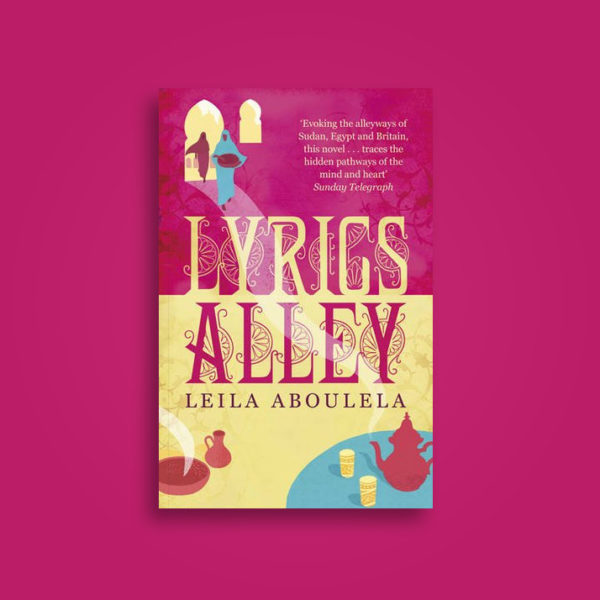
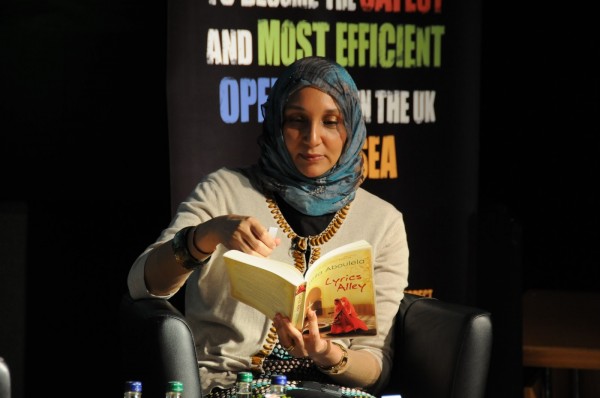
Lyrics Alley, Leila Aboulela, Sudan
Set in 1950s Sudan, LYRICS ALLEY is the story of the powerful and sprawling Abuzied dynasty. With Mahmood Bey at its helm, the family can do no wrong. But when Mahmood’s son, Nur – the brilliant, charming heir to his business empire – suffers a near-fatal accident, his hopes of university and a glittering future are dashed.
Subsequently, his betrothal to his cousin and sweetheart, Soraya is broken off, another tragedy that he is almost unable to bear. As British rule is coming to an end, and the country is torn between modernising influences and the call of traditions past, the family is divided. Mahmood’s second wife, Nabilah, longs to return to Egypt and leave behind her the dust of ‘backward-looking’ Sudan. His first wife, Waheeba, lives traditionally behind veils and closed doors and resents Nabilah’s influence on Mahmood. Meanwhile, Nur must find a way to live again in the world and find peace. Moving from the villages of Sudan to cosmopolitan Cairo and a decimated post-colonial Britain, this is a sweeping tale of loss, faith and reconciliation.
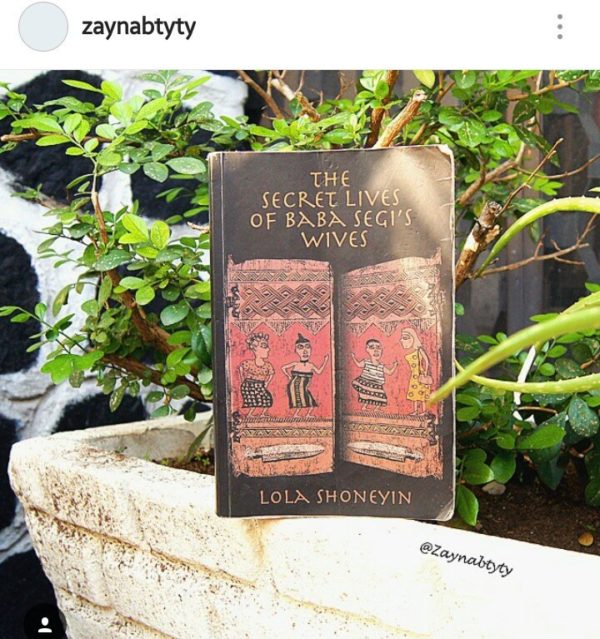
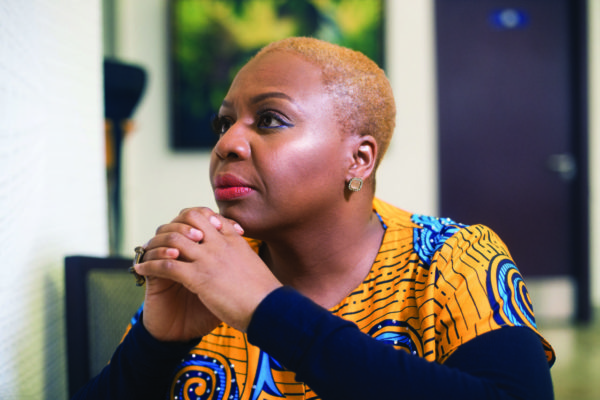
The Secret Lives of Baba Segi’s Wives, Lola Shoneyin, Nigeria
To the dismay of her ambitious mother, Bolanle marries into a polygamous family, where she is the fourth wife of a rich, rotund patriarch, Baba Segi. She is a graduate and therefore a great prize, but even graduates must produce children and her husband’s persistent bellyache is a sign that things are not as they should be.
Bolanle is too educated for the ‘white garment conmen’ Baba Segi would usually go to for fertility advice, so he takes her to hospital to discover the cause of her barrenness. Weaving the voices of Baba Segi and his four competing wives into a portrait of a clamorous household of twelve, Lola Shoneyin evokes an extraordinary Nigerian family in splashes of vibrant colour.
2012
Shortlist
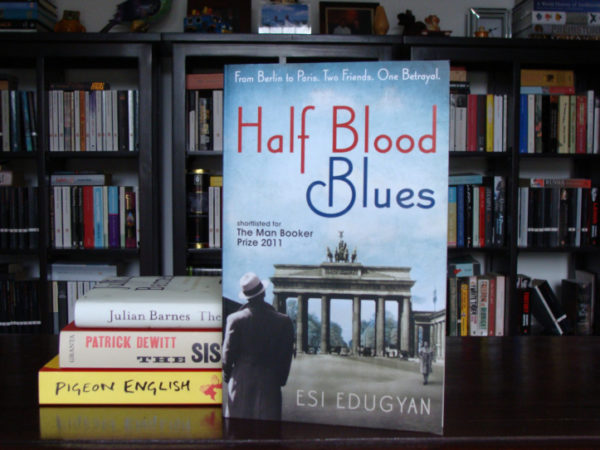
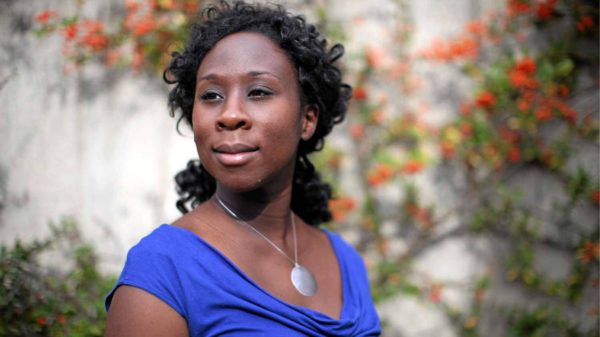
Half Blood Blues, Esi Edugyan, Ghana/Canada
He was twenty years old. He was a German citizen. And he was black. Fifty years later, Sid, Hiero’s bandmate and the only witness that day, is going back to Berlin. Persuaded by his old friend Chip, Sid discovers there’s more to the journey than he thought when Chip shares a mysterious letter, bringing to the surface secrets buried since Hiero’s fate was settled. In Half Blood Blues, Esi Edugyan weaves the horror of betrayal, the burden of loyalty and the possibility that, if you don’t tell your story, someone else might tell it for you. And they just might tell it wrong …
2014
Shortlist
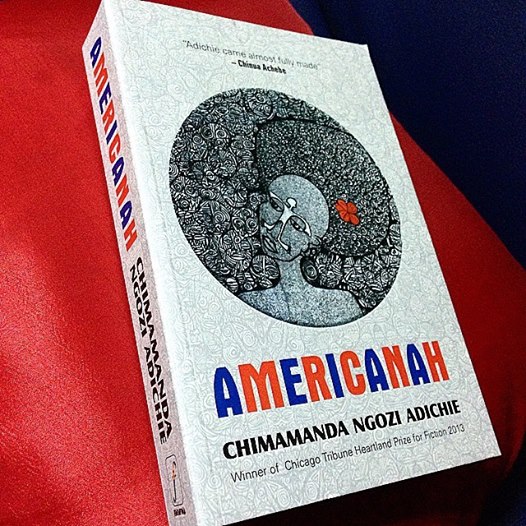
Americanah, Chimamanda Ngozi Adichie, Nigeria
As teenagers in a Lagos secondary school, Ifemelu and Obinze fall in love. Their Nigeria is under military dictatorship, and people are leaving the country if they can. Ifemelu – beautiful, self-assured – departs for America to study. She experiences defeats and triumphs, finds and loses relationships and friendships, all the while feeling the weight of something she never thought of back home: race.
Obinze – the quiet, thoughtful son of a professor – had hoped to join her, but post 9/11 America will not let him in, and he plunges into a dangerous, undocumented life in London. Years later, he is a wealthy man in a newly democratic Nigeria, while Ifemelu has achieved success as a writer of an eye-opening blog about race in America. But when Ifemelu decides to return home, she and Obinze will face the toughest decisions of their lives.
2016
Longlist
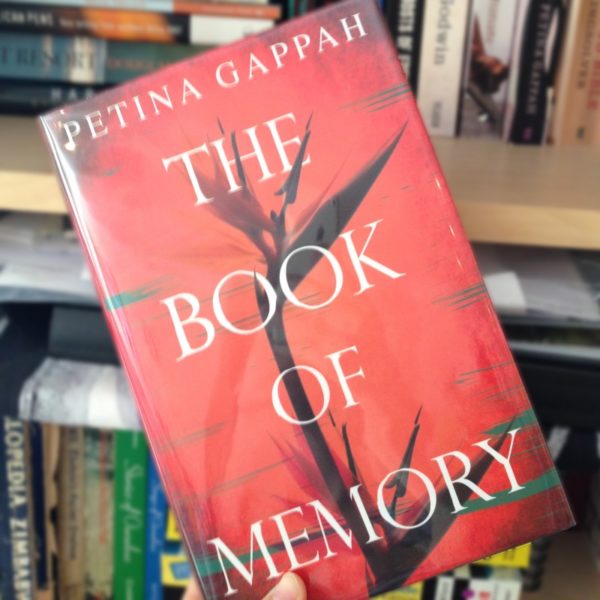
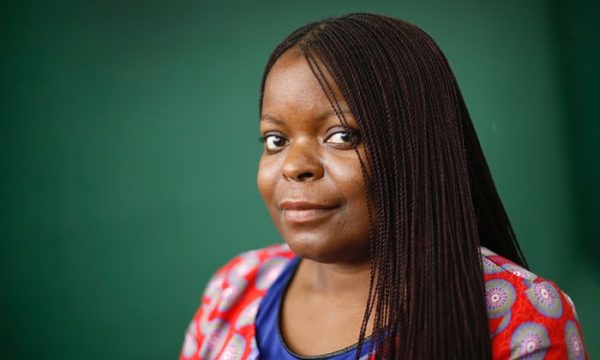
The Book of Memory, Petina Gappah, Zimbabwe
Memory, the narrator of “The Book of Memory”, is an albino woman languishing in Chikurubi Maximum Security Prison in Harare, Zimbabwe, where she has been convicted of murder. As part of her appeal her lawyer insists that she write down what happened as she remembers it.
Moving between the townships of the poor and the suburbs of the rich, and between the past and the present, Memory weaves a compelling tale of love, obsession, the relentlessness of fate and the treachery of memory.
2017
Shortlist
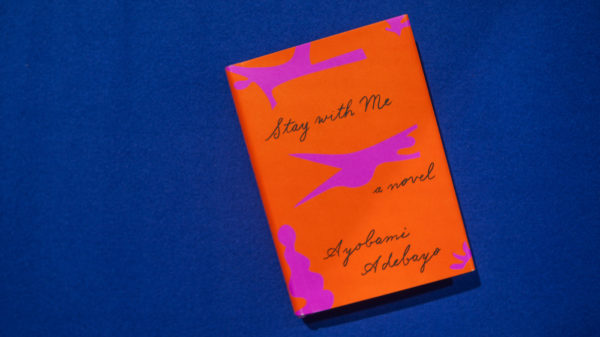
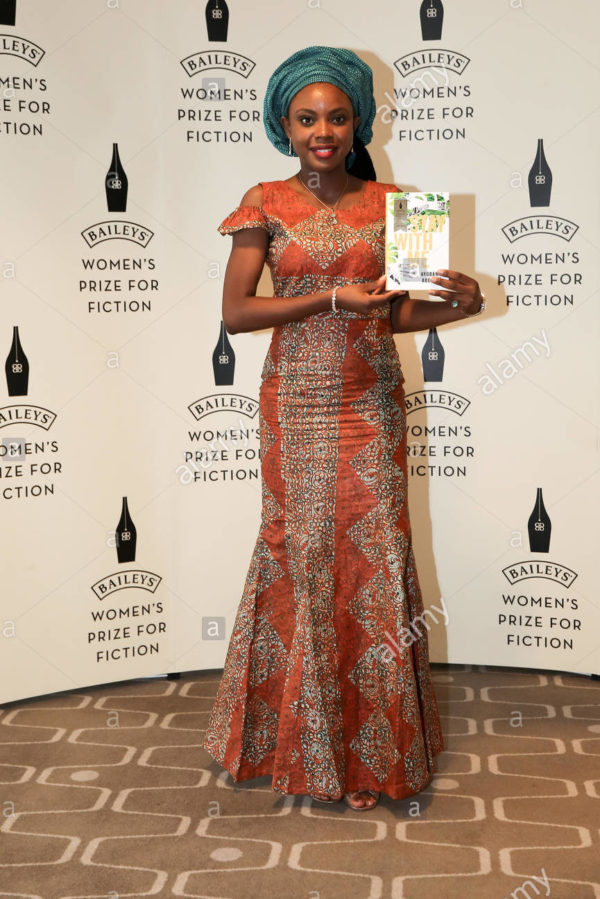
Stay with Me, Ayobami Adebayo, Nigeria
Yejide is hoping for a miracle, for a child. It is all her husband wants, all her mother-in-law wants, and she has tried everything – arduous pilgrimages, medical consultations, dances with prophets, appeals to God. But when her relatives insist upon a different choice, it is too much for Yejide to bear. It will lead to jealousy, betrayal and despair.
Unravelling against the social and political turbulence of 80s Nigeria, Stay With Me sings with the voices, colours, joys and fears of its surroundings. Ayobami Adebayo weaves a devastating story of the fragility of married love, the undoing of family, the wretchedness of grief and the all-consuming bonds of motherhood. It is a tale about our desperate attempts to save ourselves and those we love from heartbreak.
Longlist
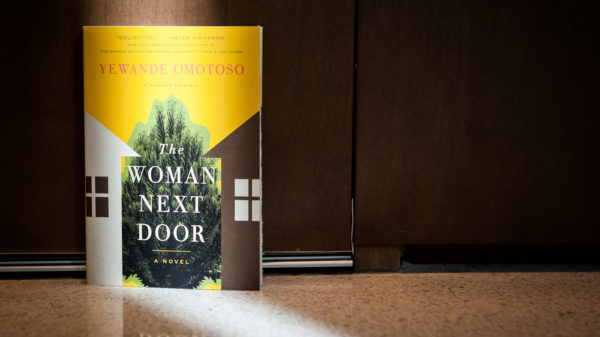
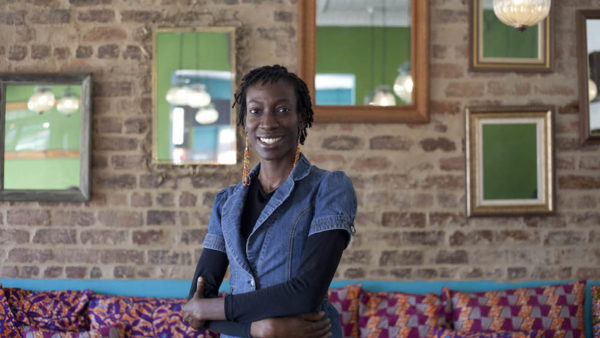
The Woman Next Door, Yewande Omotoso, Nigeria/South Africa/Barbados
Hortensia and Marion are next door neighbours in a charming, bougainvillea-laden Cape Town suburb. One is black, one white. Both are successful women with impressive careers behind them. Both have recently been widowed. Both are in their eighties. And both are sworn enemies, sharing hedge and hostility pruned with zeal.
But one day an unforeseen event forces the women together. Could long-held mutual loathing transform into friendship? Love thy neighbour? Easier said than done?
2019
Shortlist
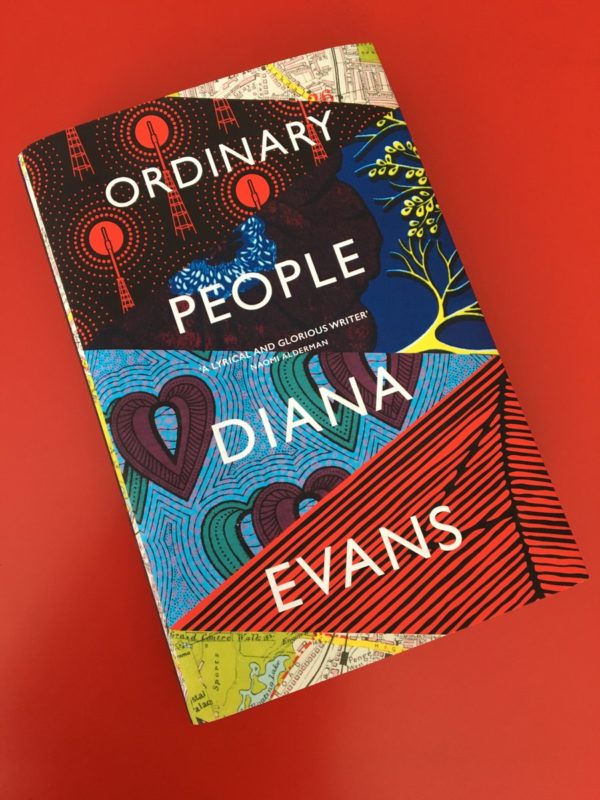
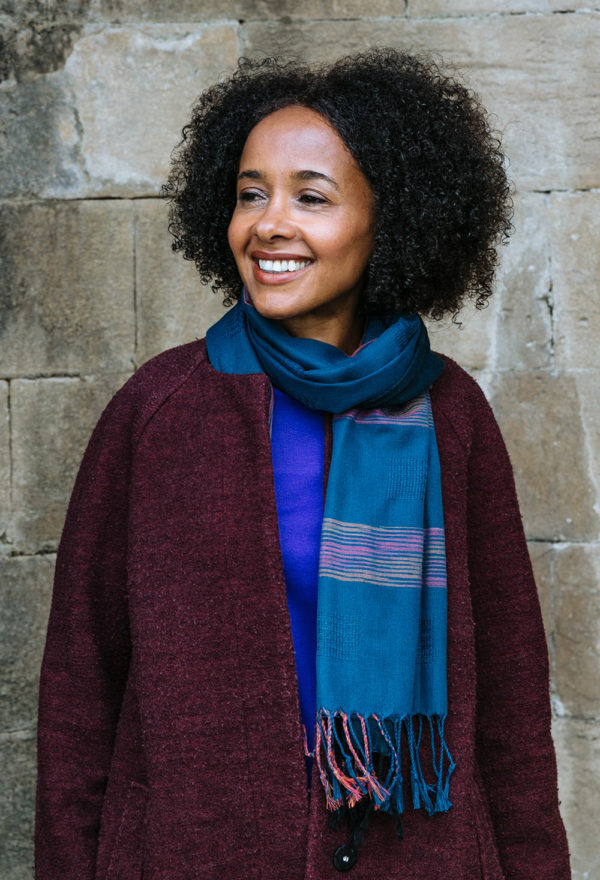
DIANA EVANS (UK/NIGERIA), ORDINARY PEOPLE
South London, 2008. Two couples find themselves at a moment of reckoning, on the brink of acceptance or revolution. Melissa has a new baby and doesn’t want to let it change her but, in the crooked walls of a narrow Victorian terrace, she begins to disappear. Michael, growing daily more accustomed to his commute, still loves Melissa but can’t quite get close enough to her to stay faithful. Meanwhile out in the suburbs, Stephanie is happy with Damian and their three children, but the death of Damian’s father has thrown him into crisis – or is it something, or someone, else? Are they all just in the wrong place? Are any of them prepared to take the leap?
Set against the backdrop of Barack Obama’s historic election victory, Ordinary People is an intimate, immersive study of identity and parenthood, sex and grief, friendship and aging, and the fragile architecture of love. With its distinctive prose and irresistible soundtrack, it is the story of our lives, and those moments that threaten to unravel us.
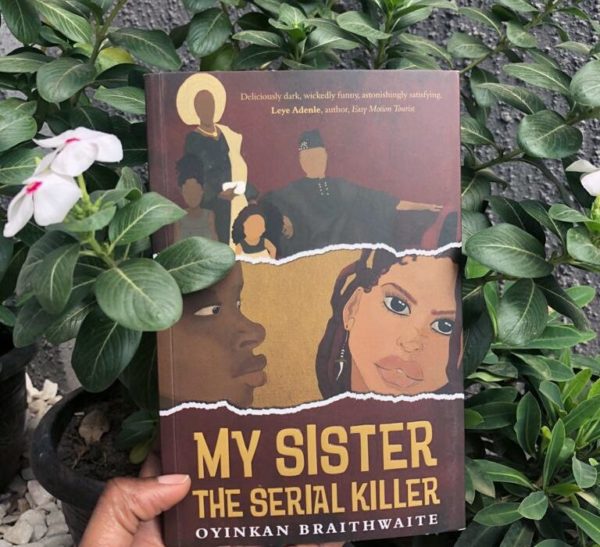
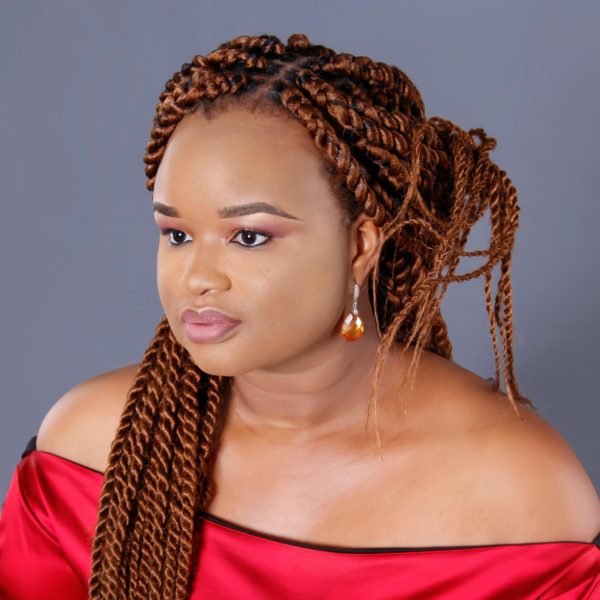
OYINKAN BRAITHWAITE (UK/NIGERIA), MY SISTER THE SERIAL KILLER
A short, darkly funny, hand grenade of a novel about a Nigerian woman whose younger sister has a very inconvenient habit of killing her boyfriends: “Femi makes three, you know. Three and they label you a serial killer.”
Korede is bitter. How could she not be? Her sister, Ayoola, is many things: the favorite child, the beautiful one, possibly sociopathic. And now Ayoola’s third boyfriend in a row is dead.
Korede’s practicality is the sisters’ saving grace. She knows the best solutions for cleaning blood, the trunk of her car is big enough for a body, and she keeps Ayoola from posting pictures of her dinner to Instagram when she should be mourning her “missing” boyfriend. Not that she gets any credit.
Korede has long been in love with a kind, handsome doctor at the hospital where she works. She dreams of the day when he will realize that she’s exactly what he needs. But when he asks Korede for Ayoola’s phone number, she must reckon with what her sister has become and how far she’s willing to go to protect her.
Sharp as nails and full of deadpan wit, Oyinkan Braithwaite’s deliciously deadly debut is as fun as it is frightening.
Longlist
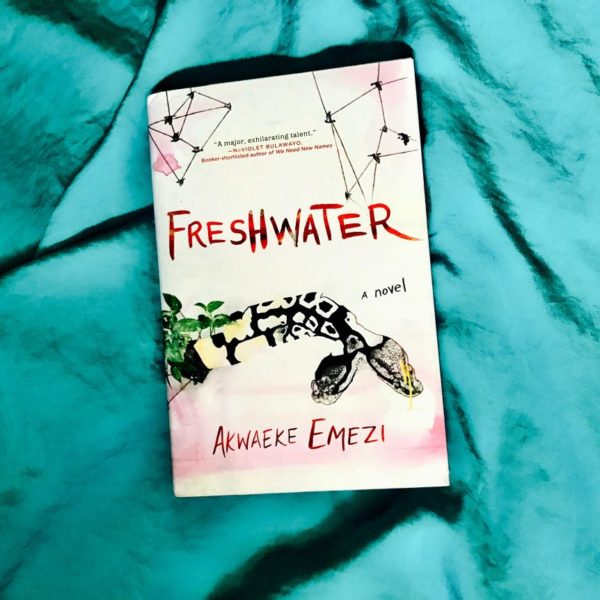
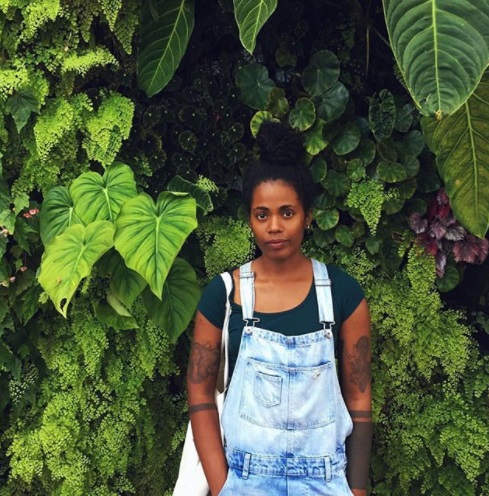
An extraordinary debut novel, Freshwater explores the surreal experience of having a fractured self. It centers around a young Nigerian woman, Ada, who develops separate selves within her as a result of being born “with one foot on the other side.” Unsettling, heartwrenching, dark, and powerful, Freshwater is a sharp evocation of a rare way of experiencing the world, one that illuminates how we all construct our identities.
Ada begins her life in the south of Nigeria as a troubled baby and a source of deep concern to her family. Her parents, Saul and Saachi, successfully prayed her into existence, but as she grows into a volatile and splintered child, it becomes clear that something went terribly awry. When Ada comes of age and moves to America for college, the group of selves within her grows in power and agency. A traumatic assault leads to a crystallization of her alternate selves: Asụghara and Saint Vincent. As Ada fades into the background of her own mind and these selves―now protective, now hedonistic―move into control, Ada’s life spirals in a dark and dangerous direction.
Narrated from the perspective of the various selves within Ada, and based in the author’s realities, Freshwater explores the metaphysics of identity and mental health, plunging the reader into the mystery of being and self. Freshwater dazzles with ferocious energy and serpentine grace, heralding the arrival of a fierce new literary voice.
READ: 22 Authors, 37 Novels: An African History of the Booker Prize for Fiction


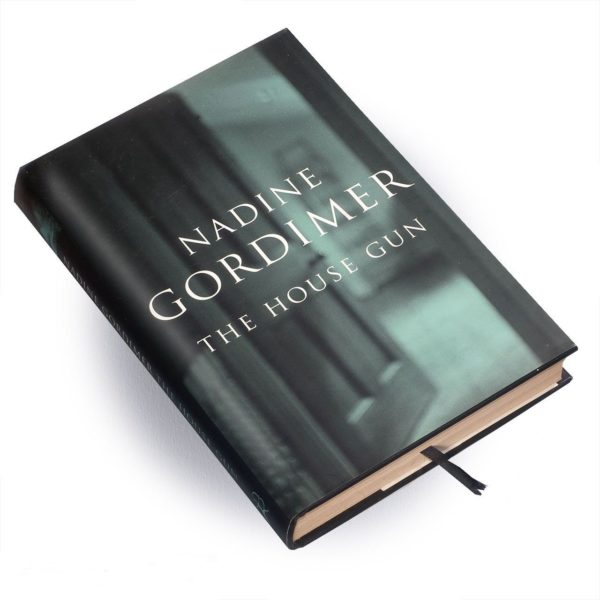


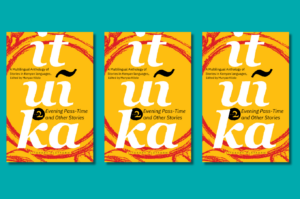




COMMENTS -
Reader Interactions